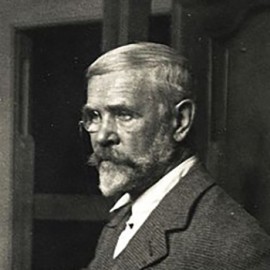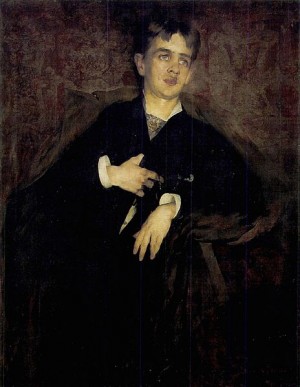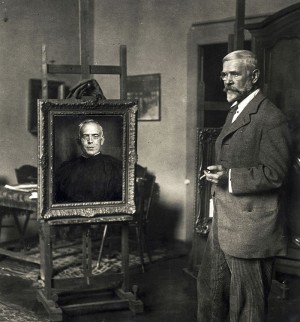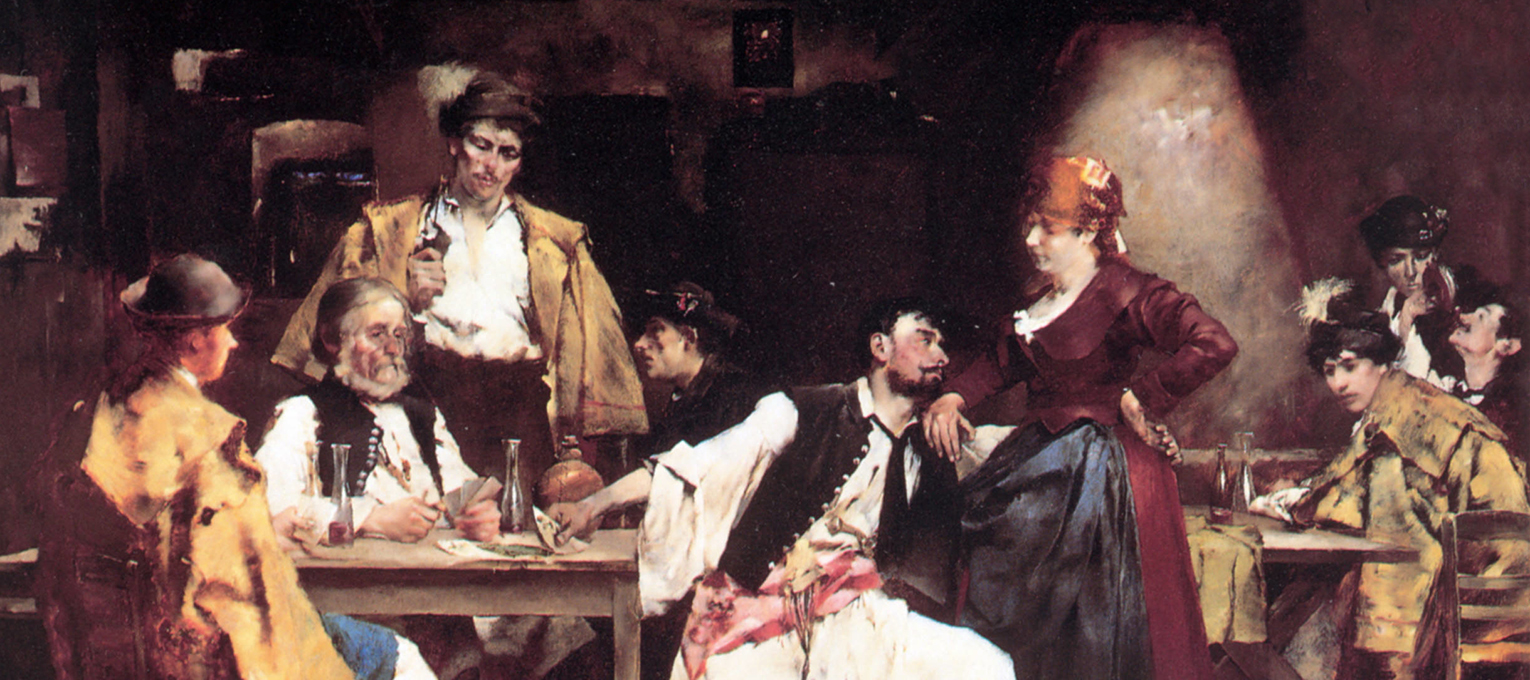
- Biography
- Portfolio of works
- Photo archive
- Video archive
- Bibliography
Biography
He was born on 24 October 1858 in Mukachevo. He moved to Budapest with his parents in his childhood. In Hungary, she received elementary education, continuing his studies at the cadet school. At the lectures, Karlovszky drew portraits of his teachers and fellow students with amazing dexterity. It was here that the cadet's artistic talent was noticed.
Bertalan Karlovszky spent his student years in Munich and Paris. During four years at the Munich Academy of Arts, his mentors were Gyula Benczúr and Otto Seitz. Then M. Munkácsy invited him to Paris, offering a place in his studio, where Karlovszky spent the whole year. During this time, he reached such a degree of mastery that his work could hardly be distinguished from the teacher's paintings.
Paris has become more than just a period of study for Bertalan. As it was written later in the magazine Művészet ("Art"), he lived and worked in the city of the most beautiful boulevards, so he could not help but create. The artist at that time worked a lot. He painted with great love and thoroughness as was intended to reproduce all the details. Moreover, as noted in the article, the influence of Paris was felt in everything - from the lines to the depicting of a face.
Being a member of the younger generation of painters, B. Karlovszky belonged to the company of artists of the so-called Royal Cafe. Representative portraits and works of the artist in the salon genre were popular at the exhibitions and art markets. His first large painting "Gloomy" made a great impression and soon became so famous that its copies can be seen in every shop window.
The artist could easily sell his work in Paris but preferred to constantly maintain a relationship with an art dealer who worked in America. New paintings of Karlovszky created with oil and watercolour were transported to the United States, where they were in demand and cost a lot.
In 1894, the artist moved to Budapest, where he was engaged in illustrations, portraits. Analysing this period, the magazine Művészet wrote: "His (Karlovszky’s) artistic skills were perfect. At that time, he was still under the impressive influence of Munkácsy conceptually and technically, but over the years, he deviated from him. The style of Karlovszky’s paintings was not based on the previously adjusted programme but developed naturally. Karlovszky did not paint landscapes, he did not even try. It was not interesting to him. Portrait. Usually calm, contemplative temperament is reflected in his paintings, as well as a clear mind."
In general, the paintings of Karlovszky reflected some inner strength of the artist. Obviously, he sought and achieved his stylistic goals.
For some time Bertalan Karlovszky collaborated with Sandor Bihari in Budapest in a private school. In 1921, he attended a collective exhibition in Budapest. Since 1928, he began teaching at the Budapest University of Fine Arts.
During his life, he received numerous awards, among them the state large gold medal, Rath Prize (1908); Jubilee Royal Prize (1911); Horowitz Prize (1920). In 1935, he was awarded the Corvin Chain – the largest Hungarian State Prize after the Order of St. Stephen (awarded for a special contribution to the improvement of Hungarian society, science and culture).
The main works of the artist: "Gyula Rovzhaveldi", "Woman in the Studio", "Istvan Kleg" (1920), "Prussian Culture Minister G. H. Becker" (1932), "Arpad Odri as Hamlet", self-portrait.
Numerous of Karlovszky's works belong to the Hungarian National Gallery.
He died at the age of 80 in Budapest (11 April 1938).
Portfolio of works
© KARLOVSZKY BERTALAN




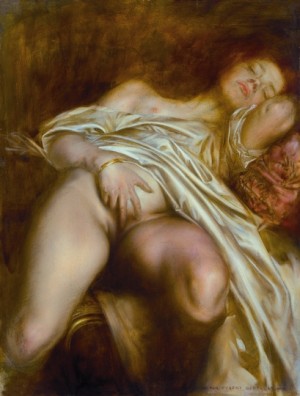
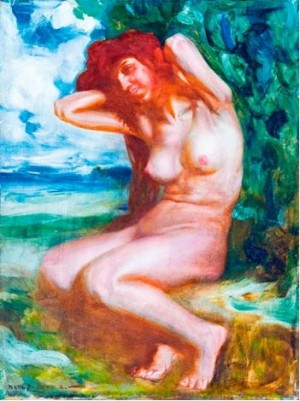
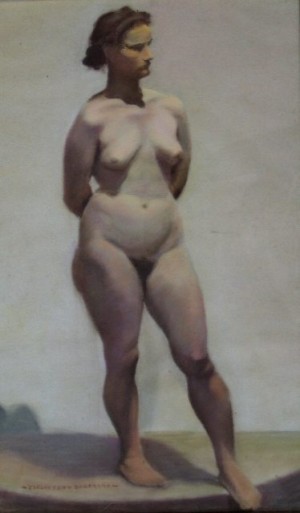
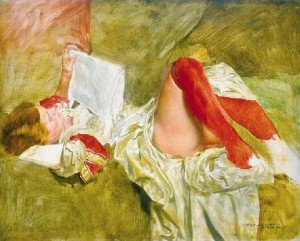
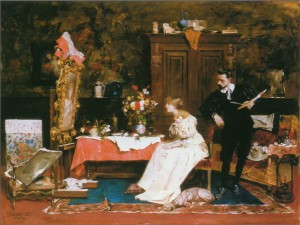
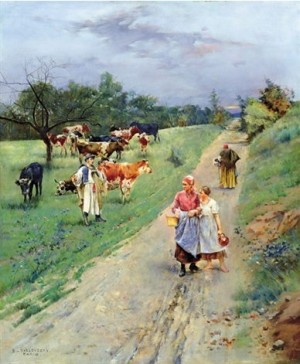
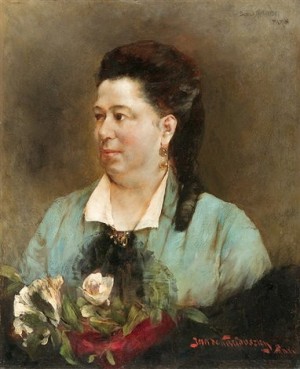
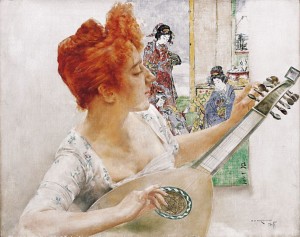
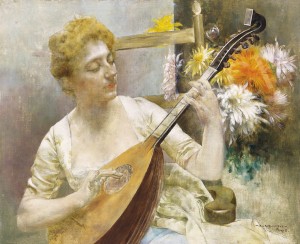
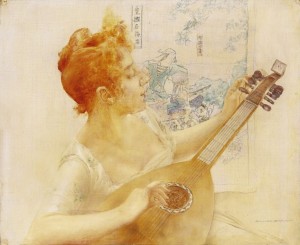
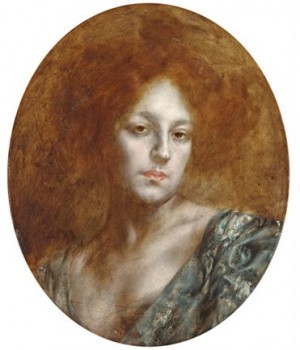
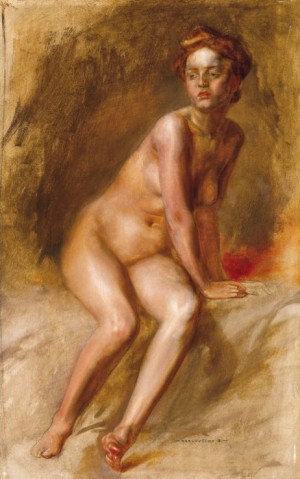
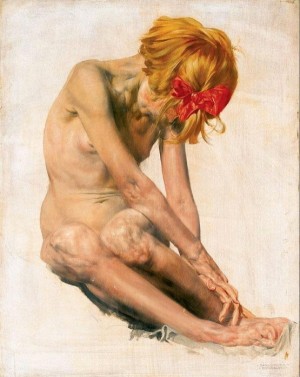
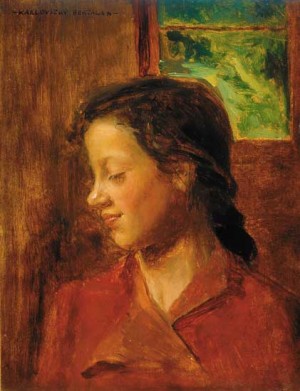
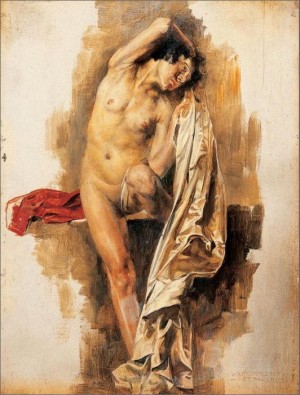
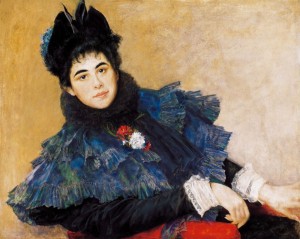
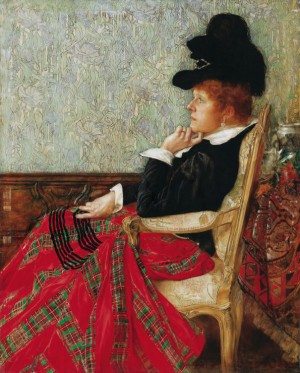
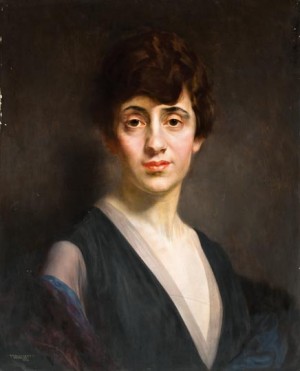
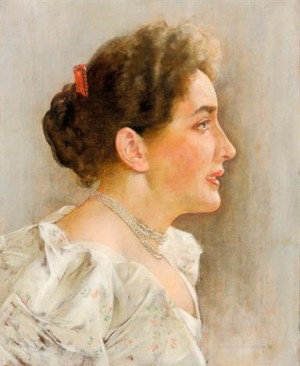
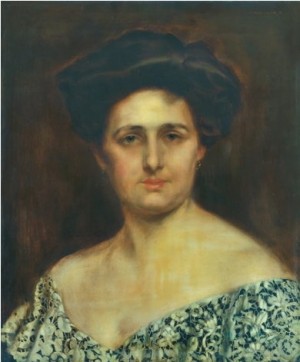
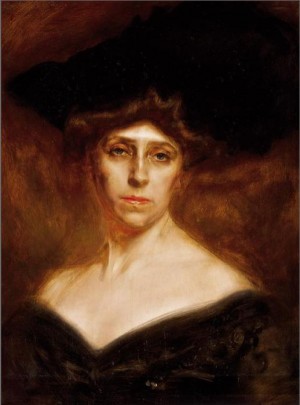
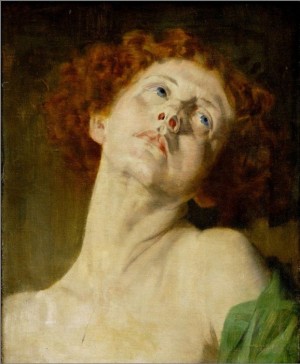
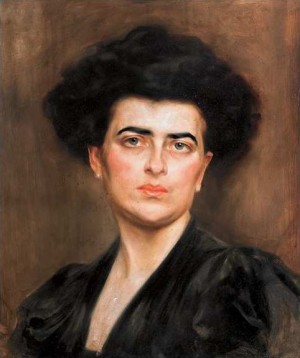
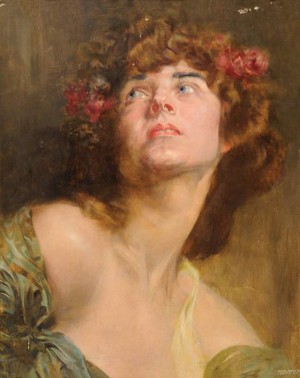
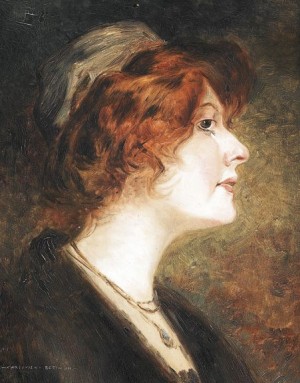
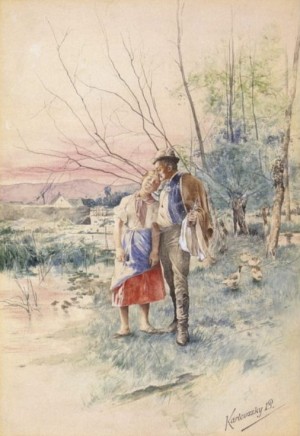
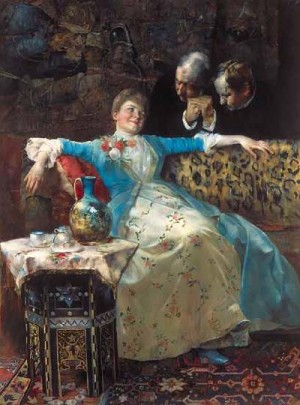
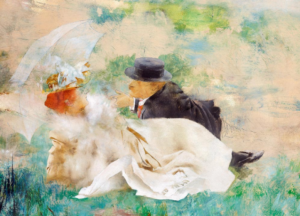
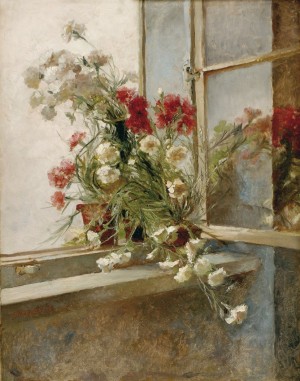
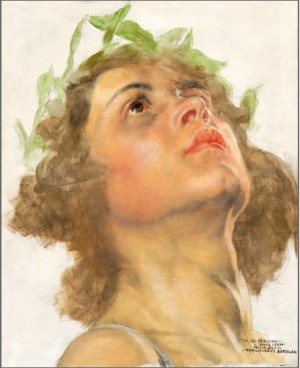
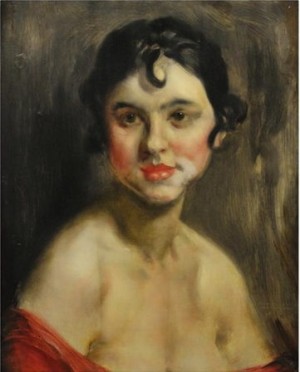
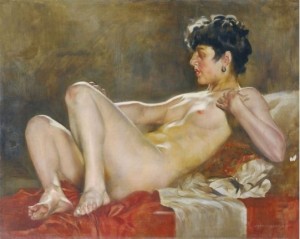
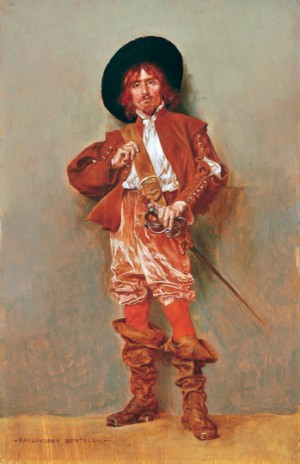
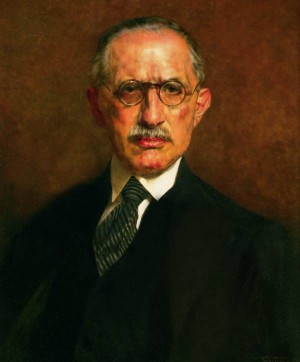
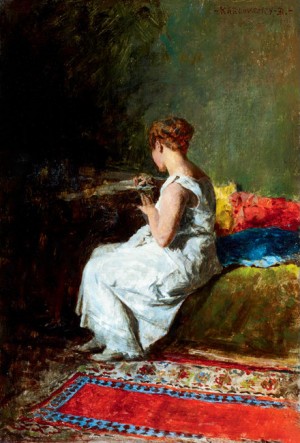
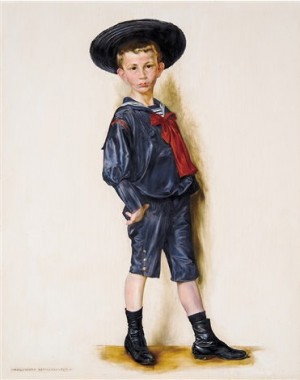
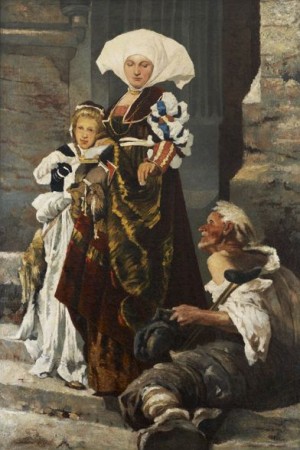
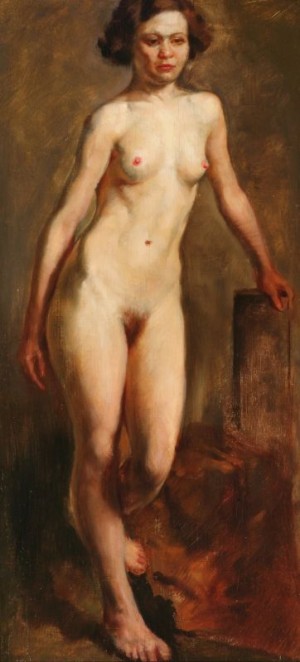
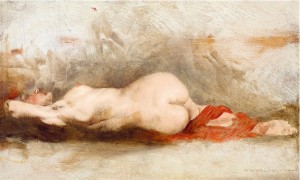
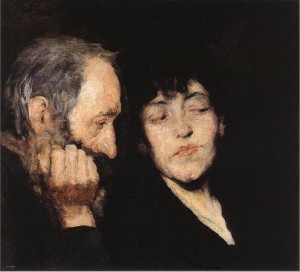
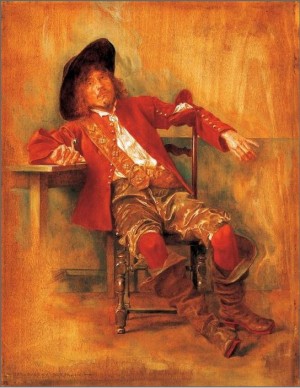
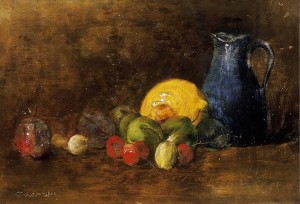
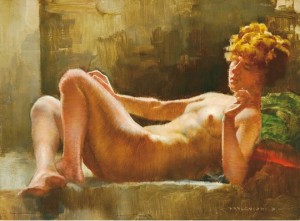
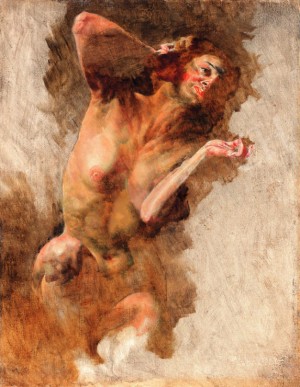
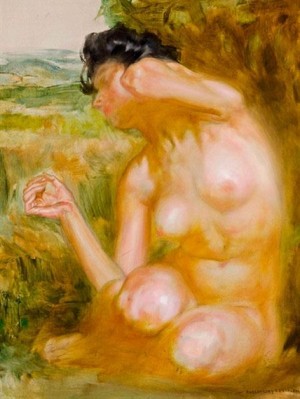
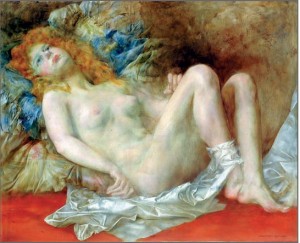
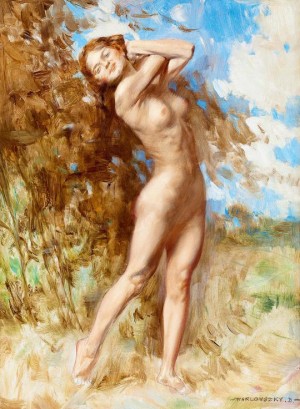
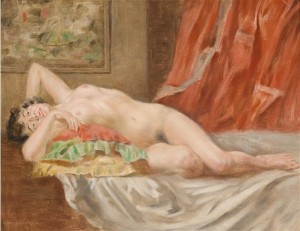
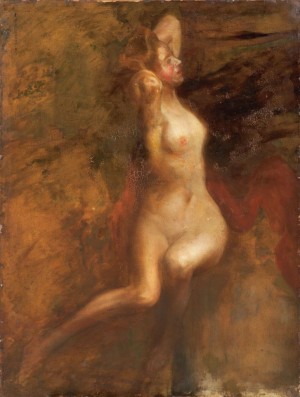
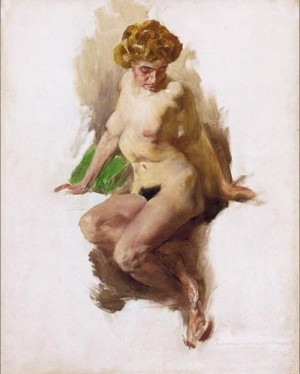
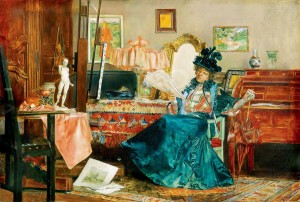
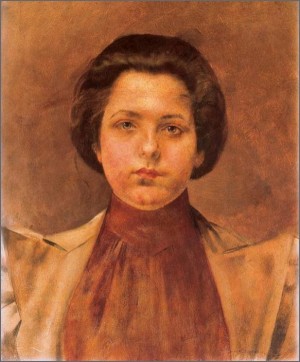
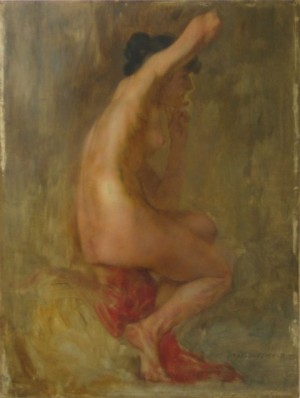
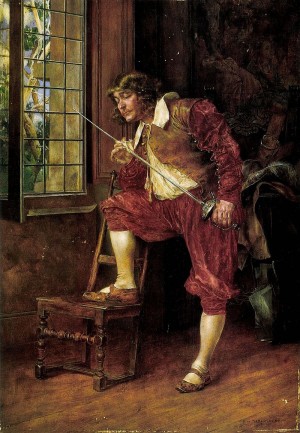
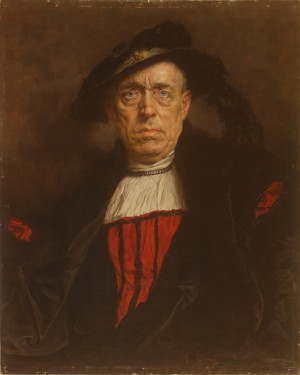
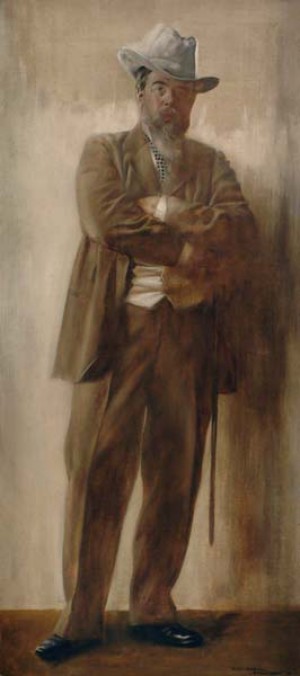
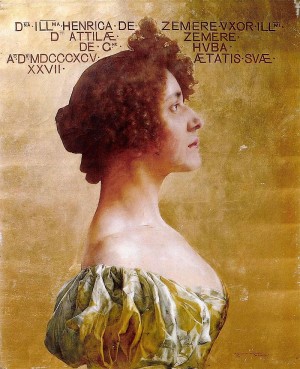
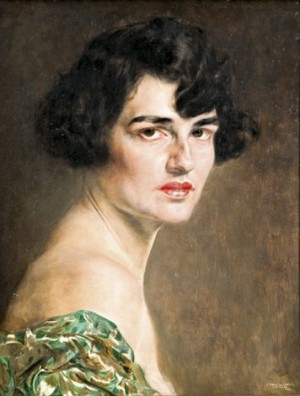
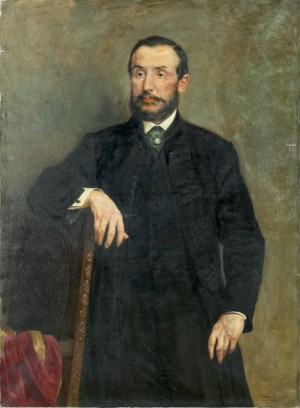
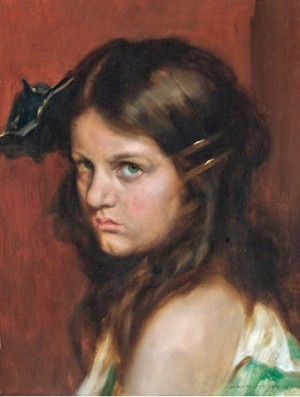
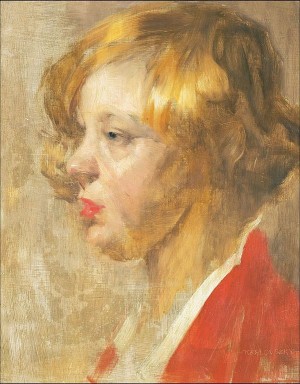
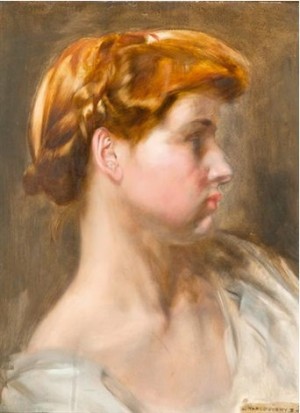
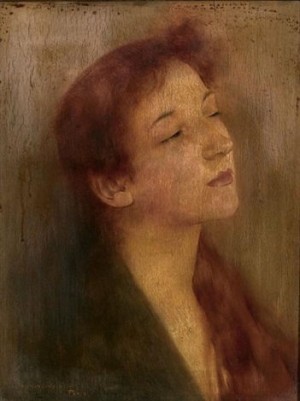
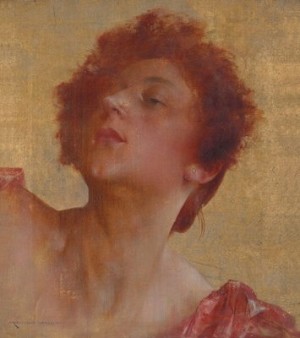
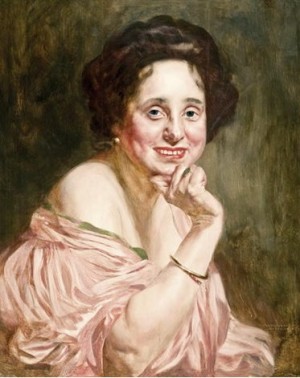
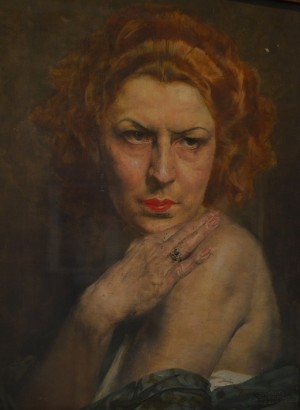
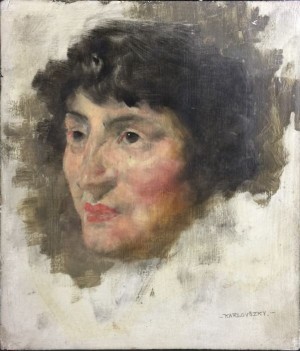
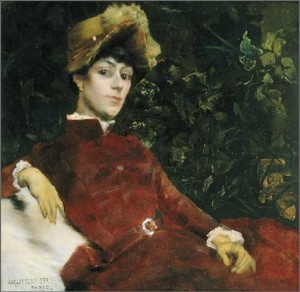
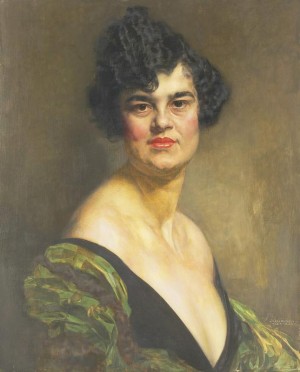
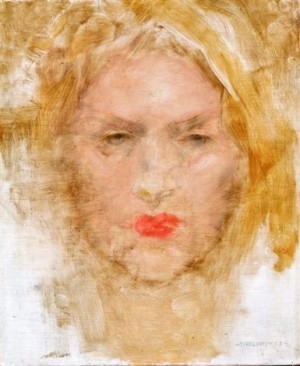
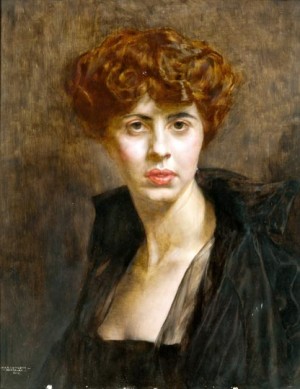
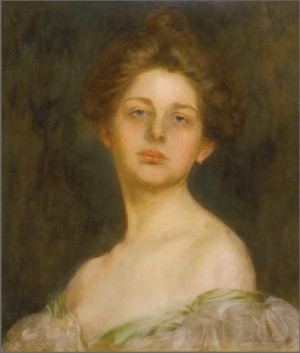
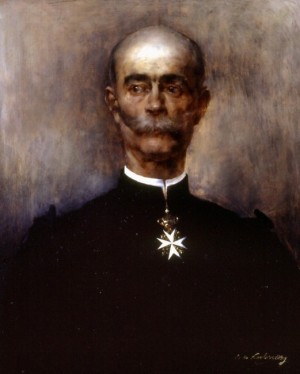
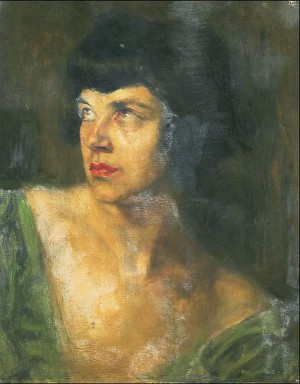
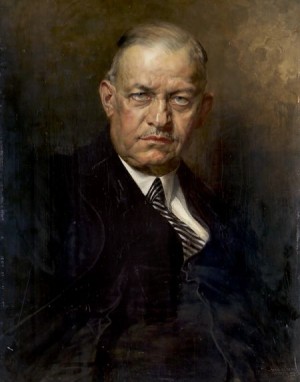
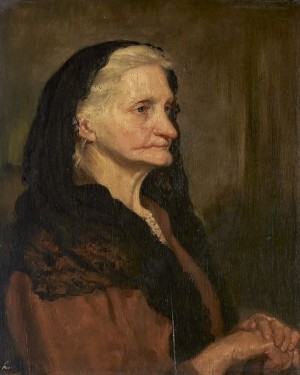
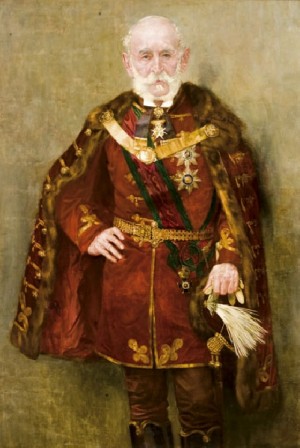
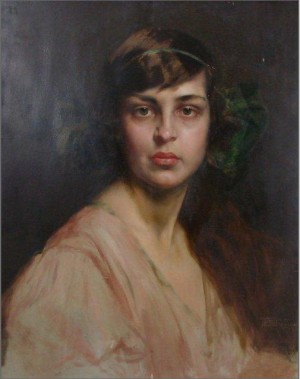
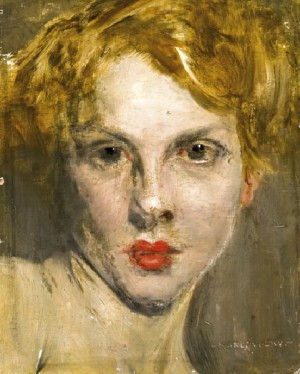
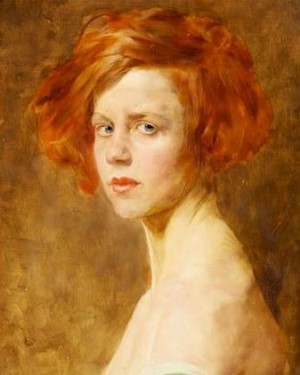
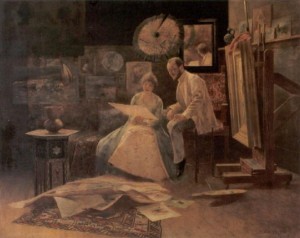
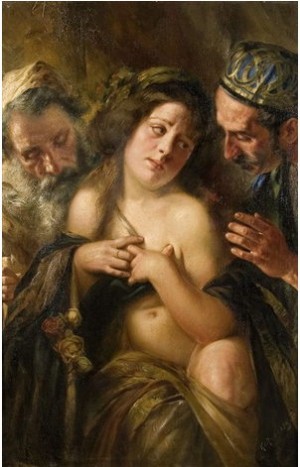
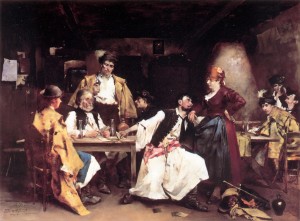
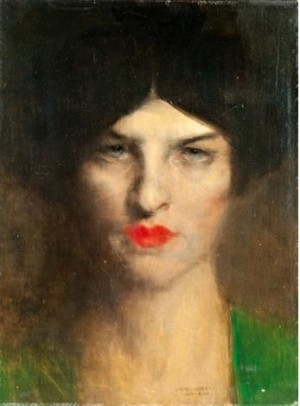
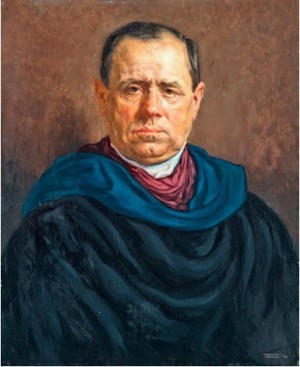
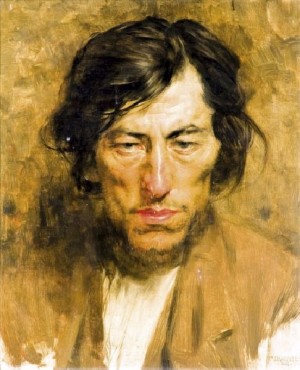
© KARLOVSZKY BERTALAN
Matching content source: photos of the art works are taken from public sources (list)
Photo archive
Video archive
Bibliography
Публікації в Інтернет-ЗМІ
Bertalan Karlovszky // Wikipedia. – https://en.wikipedia.org/wiki/Bertalan_Karlovszky
Венгерский художник Берталан Карловский (1858-1938 г.) // Liveinternet.ru. –https://www.liveinternet.ru/users/4107980/post232929756/
Matching content source of the published art works:
https://www.liveinternet.ru
https://fantlab.ru
https://gallerix.ru
old-pionear.livejournal.com
artedu.uz.ua
- Biography
- Portfolio of works
- Photo archive
- Video archive
- Bibliography

